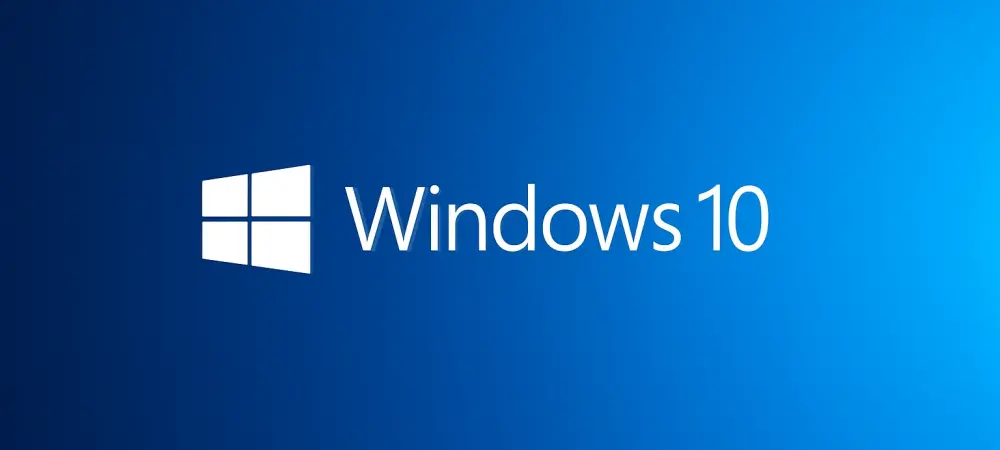Reliance on outdated software may soon prove more challenging as Microsoft has confirmed the cessation of new features for Microsoft 365 Office apps on Windows 10 by 2027. As businesses and individuals continue to use older systems, key questions arise: How does dependence on legacy software impact productivity, and are there unforeseen risks associated with sticking to obsolete technology?
Navigating Change in the Microsoft Landscape
Windows 10, once the go-to operating system for millions worldwide, is approaching the end of its lifecycle. Introduced almost a decade ago, it has significantly shaped the technological landscape. Yet, as digital innovation pushes forward, the need for regular software upgrades becomes increasingly unavoidable. Enterprises and individual users alike face the pressure to transition to more current systems, aligning themselves with the rapid evolution in technology.
Decoding Microsoft’s Strategy
Microsoft’s strategic decision entails a phased approach. For individual and family versions, new Office features will cease by August 2026, with the Monthly Enterprise Channel following in October of that same year. By January 2027, the curtain will fall for the Semi-Annual Enterprise Channel. Beyond this point, only security updates will remain available until the operating system’s support ends in October 2028. This strategy illustrates Microsoft’s incentive for consumers to switch to Windows 11, emphasizing the growing trend towards adopting newer, more advanced software systems.
Insights from Tech Experts
The strategic move has drawn commentary from tech experts and Microsoft officials alike. According to a Microsoft spokesperson, operational efficiency and security are paramount concerns when transitioning to Windows 11. A case in point is a multinational corporation that recently upgraded its systems, reporting enhanced security, reduced operational disruptions, and increased productivity. Observations from these early adopters underline the potential benefits of aligning with Microsoft’s vision for the future.
Future-Proofing Systems: Practical Advice
For users contemplating upgrading to Windows 11, a proactive approach could prove beneficial. Simple steps like ensuring compatibility with existing software, backing up essential data, and training staff on the new system are crucial aspects of a seamless transition. Reasonable diligence can provide system security and reliability during such transformative periods, mitigating risks while laying a foundation for future growth.
In the wake of Microsoft’s announcement, a conscious decision to upgrade can foster greater security, functionality, and longevity. The migration to Windows 11 stands as more than merely adapting to new software; it represents a step toward embracing technological advancements poised to revolutionize countless aspects of professional and personal computational experiences.

